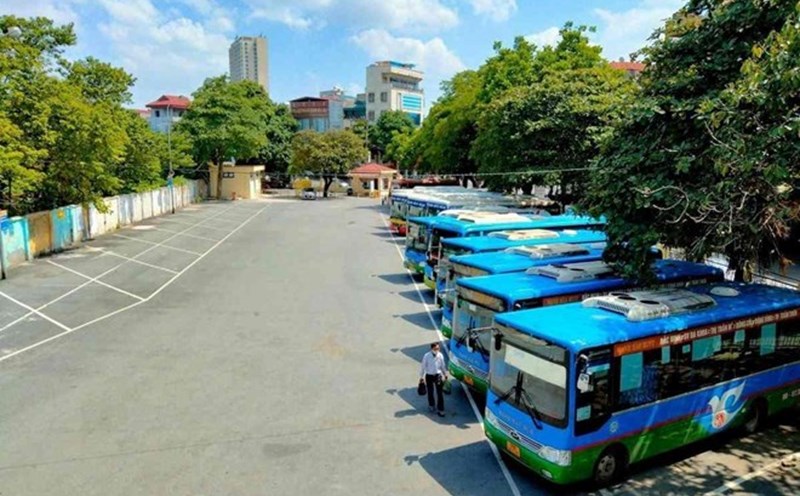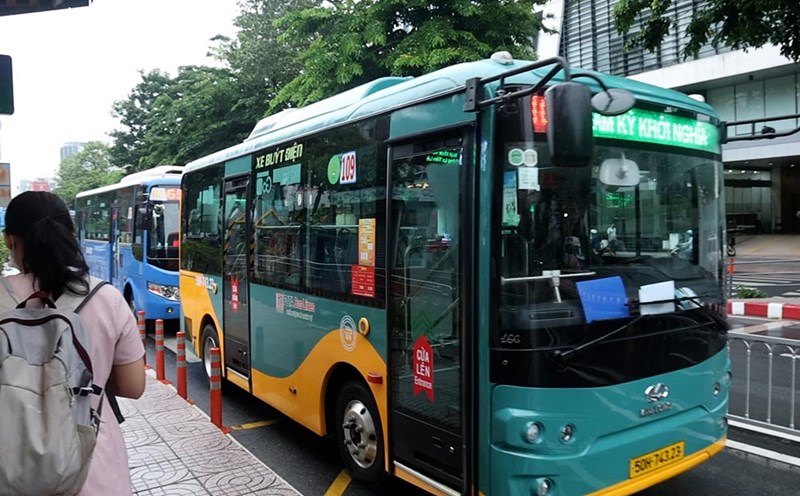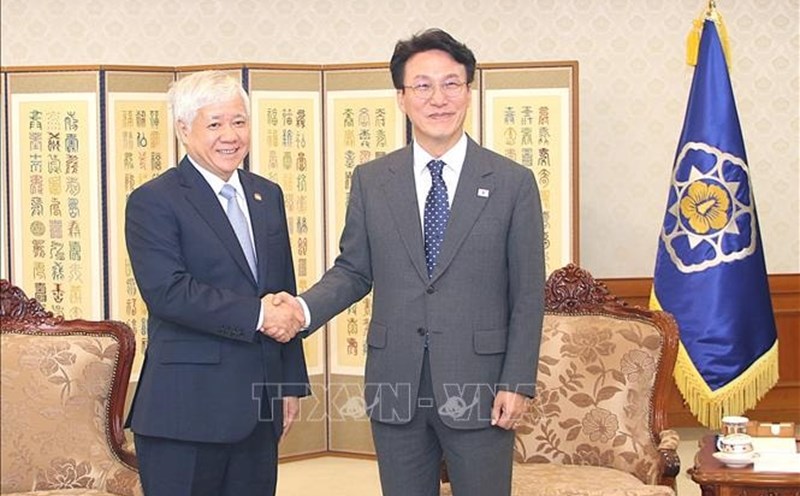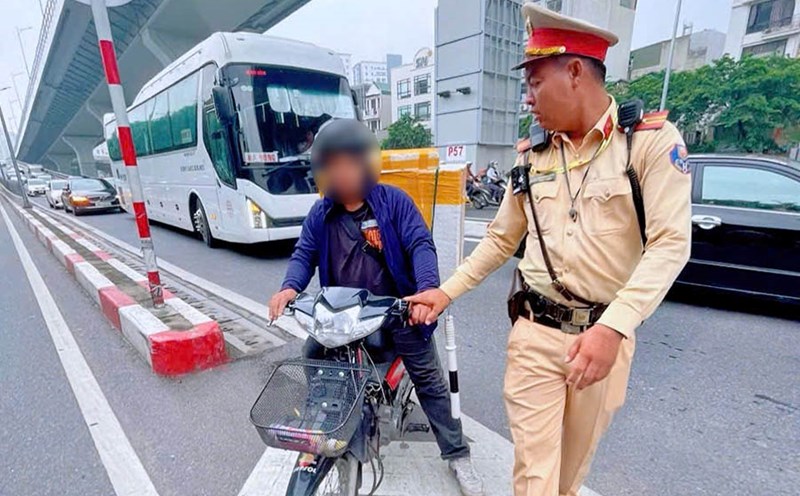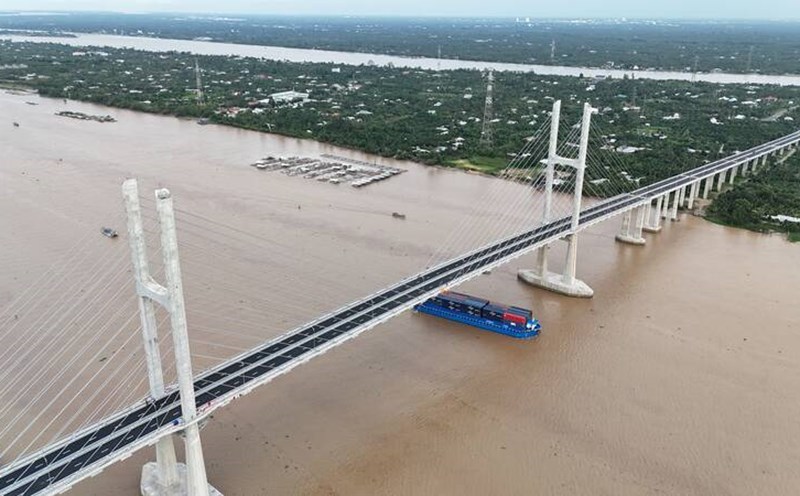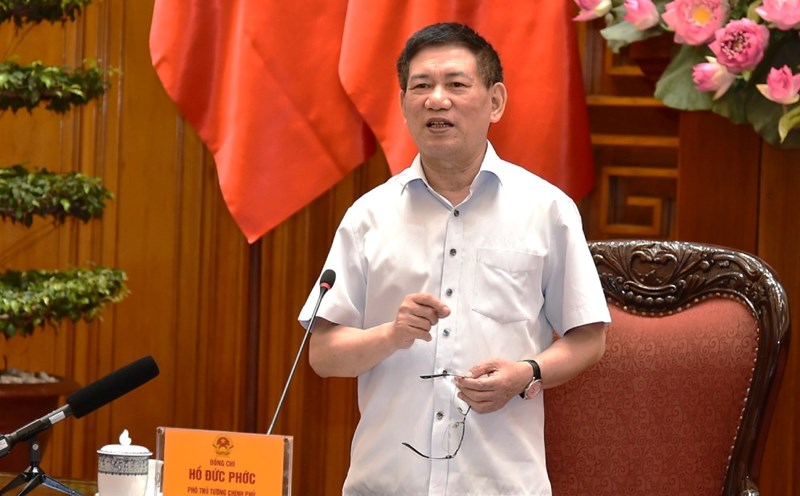On the morning of July 31, the Ho Chi Minh City Department of Construction coordinated with Phuong Trang Passenger Bus Joint Stock Company - FUTA Bus Lines to organize a ceremony to announce the operation of 35 subsidized bus routes in the area, including 27 routes using electric buses (EV) and 8 routes running on Diesel. This is the next step in the strategy to develop an environmentally friendly public transport system, while aiming to increase the rate of people using public transport.
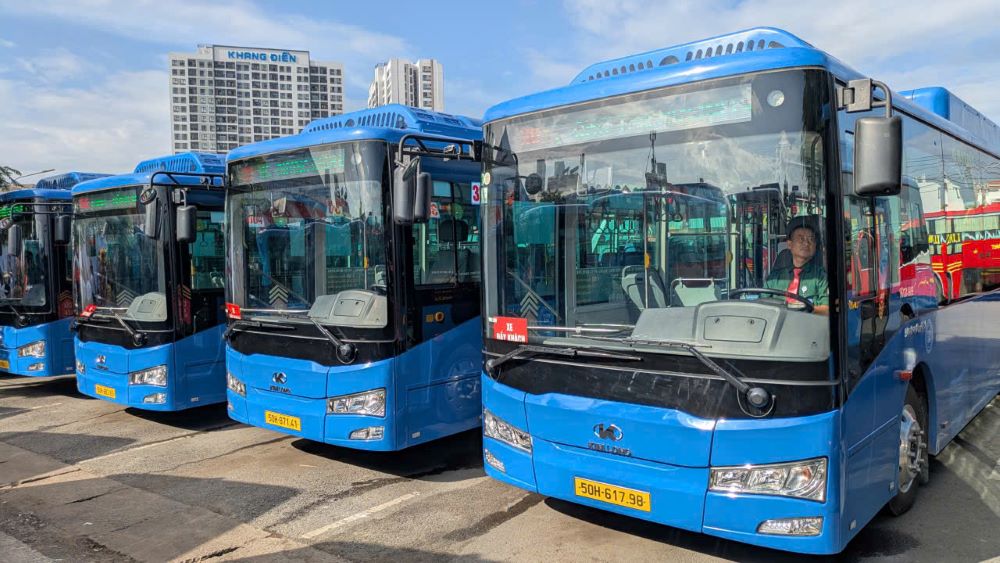
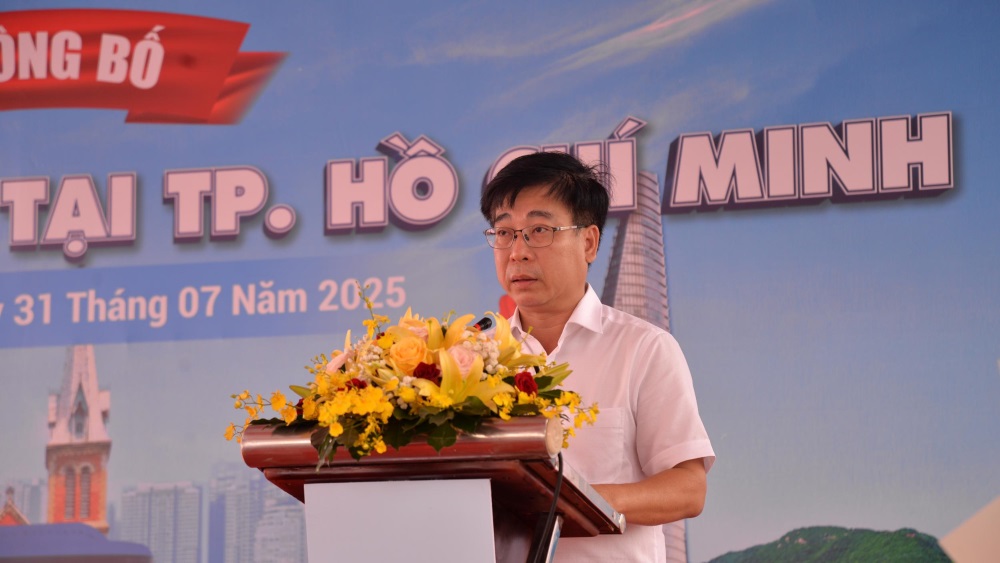
Speaking at the event, Mr. Nguyen Vinh Toan - Deputy Director of the Ho Chi Minh City Department of Construction affirmed: "The city has 21 electric bus routes with 170 vehicles, accounting for 7.3% of the vehicle fleet. The operation of 27 more electric bus routes with 443 vehicles is an important step forward, bringing the total number of electric buses in Ho Chi Minh City to 613, accounting for about 26.2% of the total number of vehicles. If we add more than 500 existing CNG buses, the share of vehicles using clean energy in Ho Chi Minh City has now reached 48%. This is a remarkable effort, gradually realizing the goal of 100% of buses using green energy by 2030 according to Decision 876 of the Prime Minister.
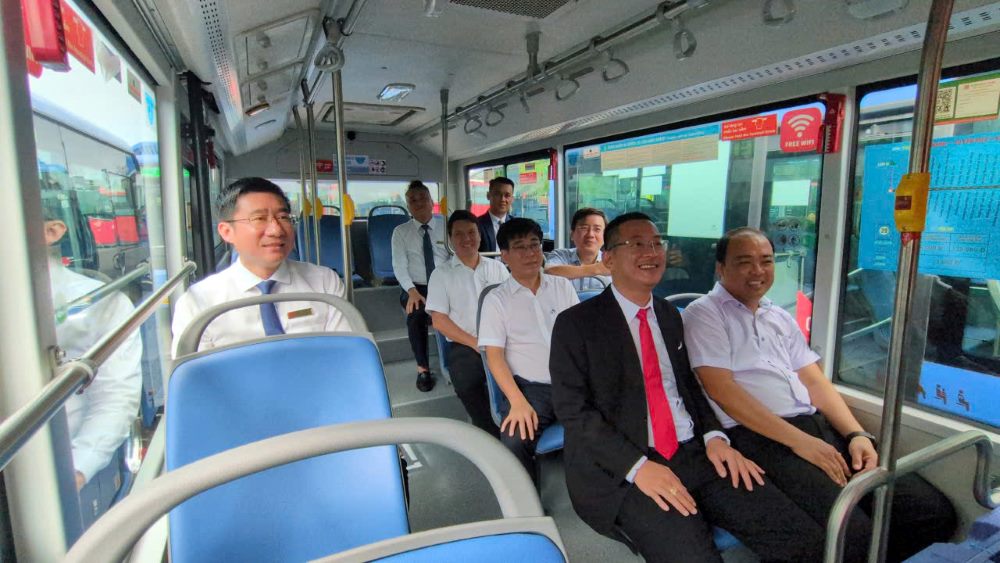
According to Mr. Phan Van Hai - Deputy General Director of Phuong Trang - FUTA Bus Lines Joint Stock Company, the new bus routes are widely distributed throughout the city, from the center to the suburbs, connecting major bus stations such as Mien Dong, An Suong, Cho Lon, Cu Chi, industrial parks, urban areas, universities and transit points such as Ben Thanh, Van Thanh... The route is planned synchronously, ensuring close connection with the future metro system, making it convenient for people and tourists to travel.
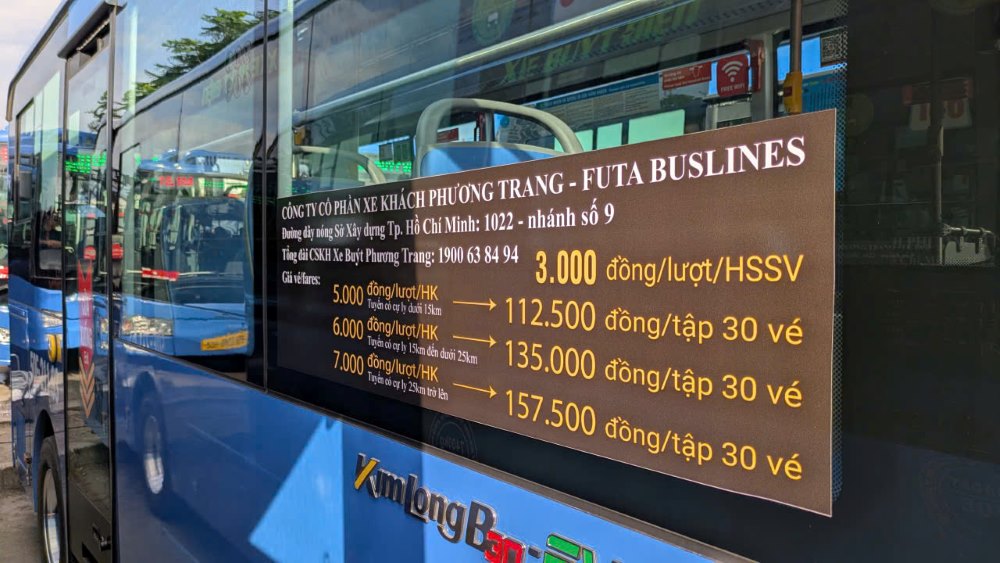
In particular, the new electric bus system is equipped with modern equipment, with a capacity of 30 to 60 seats, integrating smart operating support technologies, helping to enhance the passenger experience. In addition, passengers in priority groups such as children under 1.3m, war invalids, sick soldiers, people with disabilities, the elderly and people with free bus cards will continue to receive free tickets on these new bus routes.
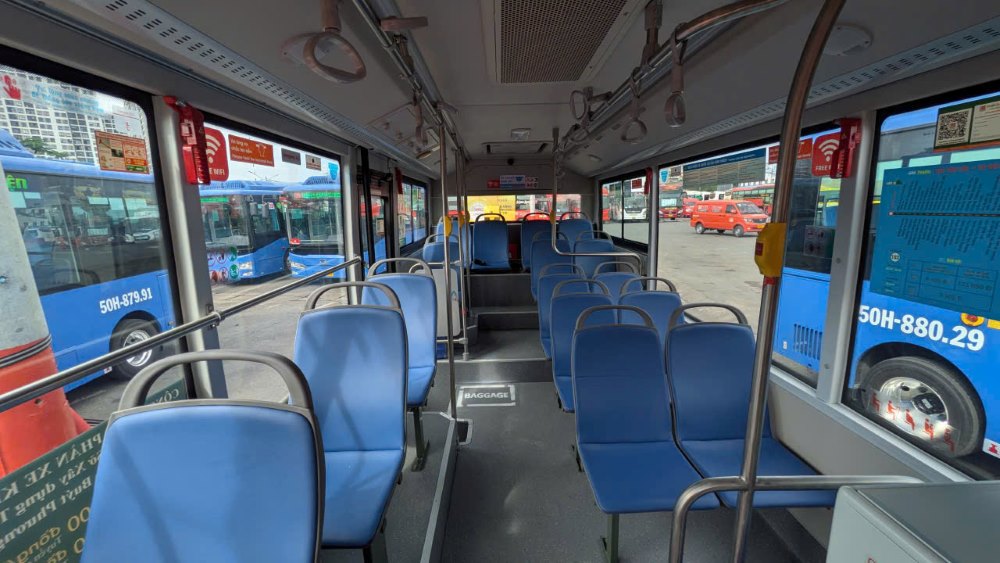
The increase in electric bus fleet also contributes to reducing noise pollution, improving air quality and reducing the burden of subsidies thanks to high operational efficiency and fuel cost savings. The city is currently continuing to complete the charging station system to serve the stability of green bus routes.
In the context of urban transport infrastructure under great pressure, the development of the electric bus network is not only a technical solution but also a symbol of the transformation in urban management and planning thinking, towards the goal of building Ho Chi Minh City into a green, modern and livable city.

